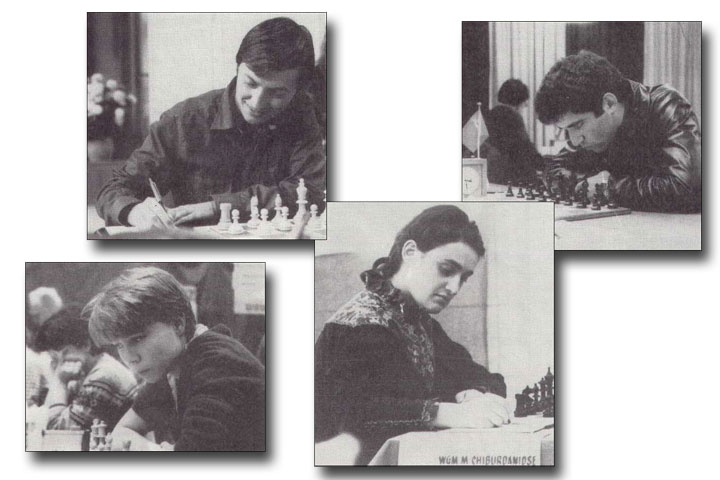In a June 24 article in the New York Times, entitled "Chess Players Wonder if Being a Grandmaster Still Has Meaning", Dylan Loeb McClain discussed the question with a number of influential contemporary grandmasters. "Not all grandmasters are created equal," he speculated. Grandmaster Magnus Carlsen is rated 2,830 on the Elo scale, coach and trainer GM Jacob Aagaard is 2,426. In February Jacek Stopa lost a tournament game to Ashwath Kaushik, an 8-year-old from Singapore. Stopa is a grandmaster, currently rated at 2,333.
“There are too many grandmasters,” MaClain quotes GM Nigel Short as saying. “To call me grandmaster adds nothing. They are two a penny.” And the title are earned for life. You do not lose it if your play becomes weak, or in fact you do not play at all. There are more than 400 grandmasters who record less than one tournament game per year. Some in fact have not played in decades.
In consequence, chess fans have for a long time been referring to elite players, rated above 2,700, as “super grandmasters.” Nigel Short is not in favour of this designation – what next, he speculates, "super intergalactic grandmasters"? GM Yasser Seirawan thinks there should be a special distinction for the top ten players in the world – suggesting “All-Stars,” for the elite group, with the designation renewed every six months.
How about "Top-Ten", Yasser?
Read the full New York Time article here
Looking back
In 1983, as a rookie chess journalist, I wrote an article for a German magazine, defining and celebrating "Super Grandmasters" – players who were rated 2600 or higher. There were 13 such players at the time, led by World Champion Anatoly Karpov, with a young upstart named Garry Kasparov hard at his heels. The top female player in the world, Pia Cramling, was rated 2355.
"So let us see how things stand today" (I wrote in August 2020). "I have counted a total of 237 players rated 2600 or higher. Of these, 201 are rated between 2600 and 2700, 33 are rated between 2700 and 2800, and two rated over 2800 (Carlsen 2863 and Caruana 2835). Compare that to the 13 players rated over 2600 in 1983."
A recent count of grandmasters in the world gave us the following numbers:
Russia: 256
USA: 101
Germany: 96
Ukraine: 93
India: 64
Hungary: 58
Serbia: 58
Spain: 56
France: 50
China: 48
Poland: 45
Armenia: 44
Israel: 43
Czechia: 36
Netherlands: 36 |
England: 36
Bulgaria: 34
Croatia: 32
Georgia: 32
Cuba: 27
Azerbaijan: 26
Argentina: 23
Romania: 22
Sweden: 22
Belarus: 18
Uzbekistan: 17
Italy: 16
Norway: 16
Kazakhstan: 15
Brazil: 14 |
Canada: 14
Greece: 14
Iran: 14
Iceland: 14
Denmark: 13
Philippines: 13
Slovakia: 13
Latvia: 12
Slovenia: 12
Turkey: 12
Switzerland: 11
Vietnam: 11
Australia: 10
North Macedonia: 10
Austria: 9 |
Belgium: 9
Colombia: 9
Lithuania: 9
Bosnia-Herz: 8
Peru: 8
Moldova: 7
Scotland: 7
Chile: 6
Egypt: 6
Montenegro: 6
Estonia: 6
Indonesia: 6
|
What is your opinion? Tell us in the feedback section below.
.jpeg)























